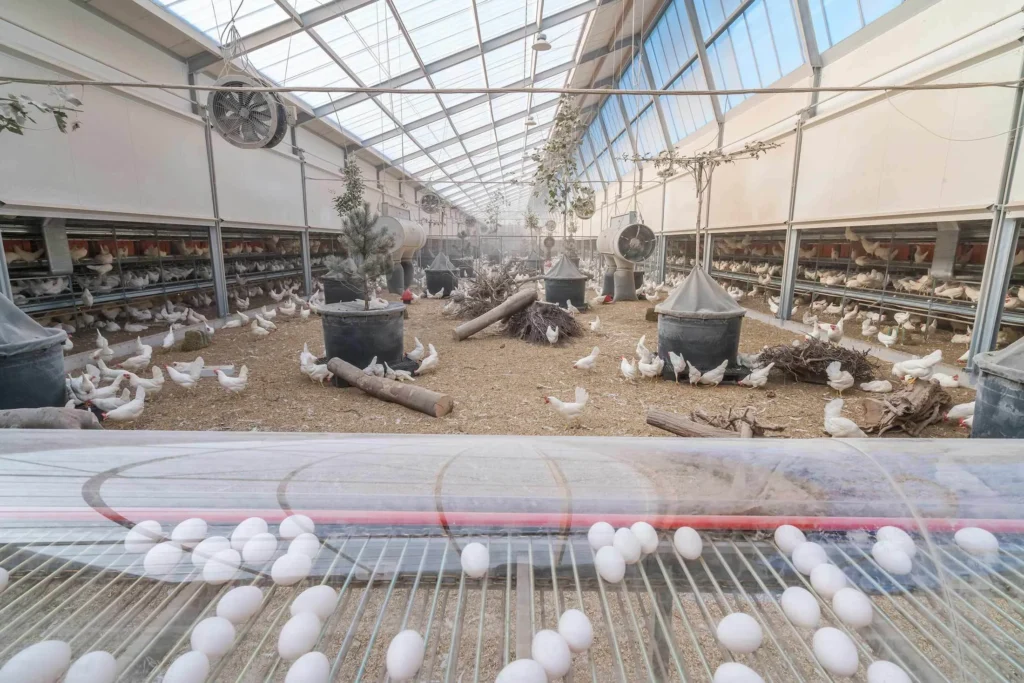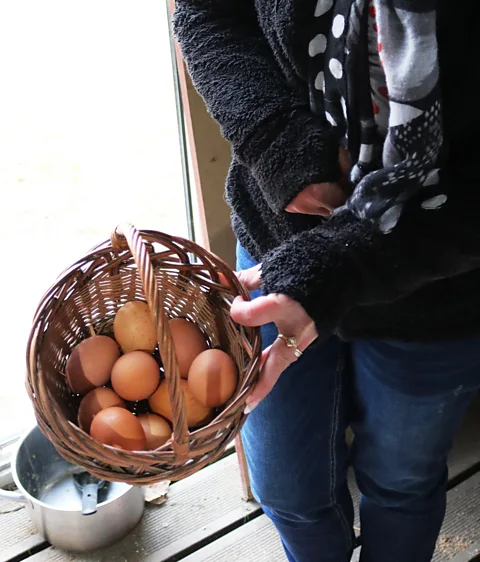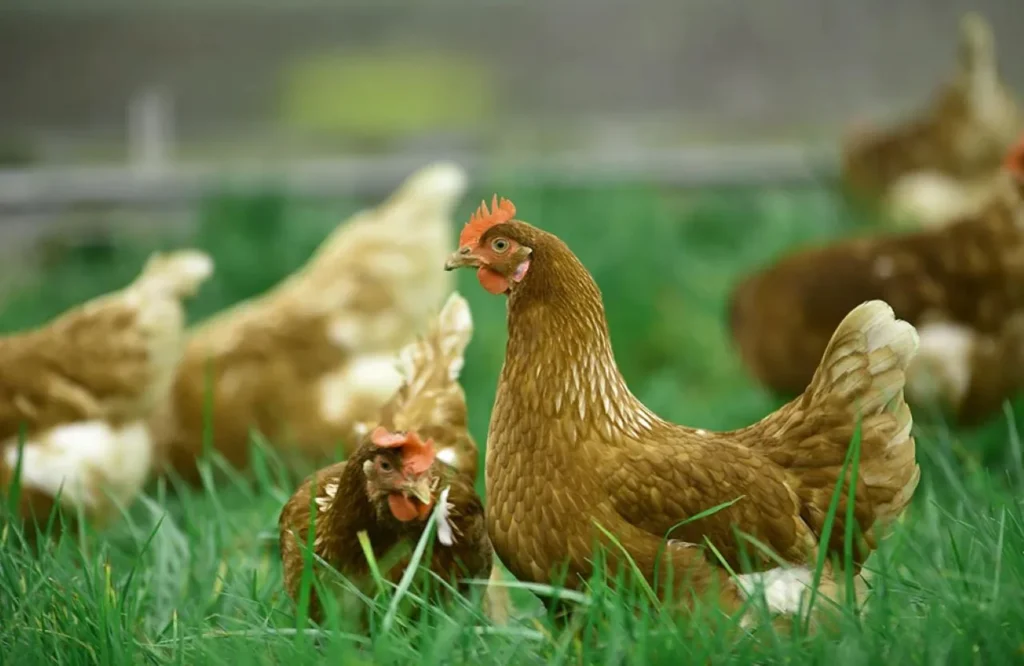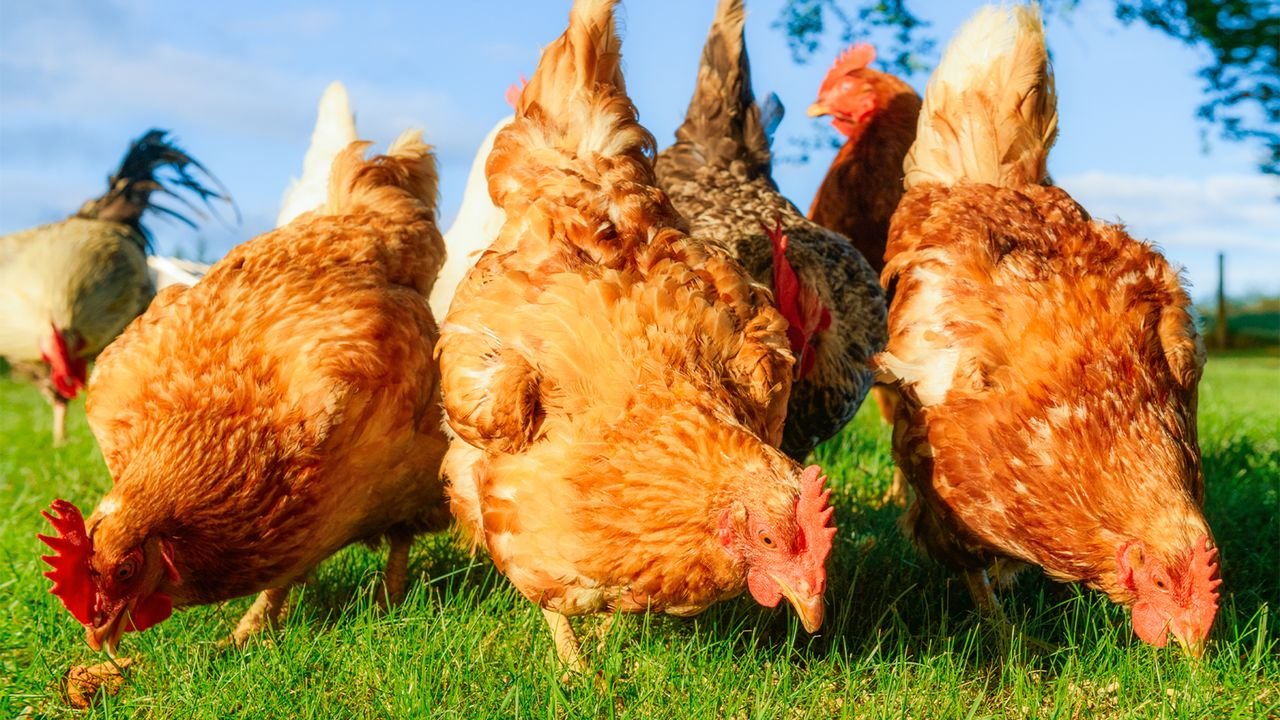The Rise of Free Chickens for Food Waste Solutions

In a small but impactful shift toward sustainability, towns across France and Belgium have adopted a unique strategy to cut food waste: giving away free chickens for food waste management. This creative approach, launched in Colmar, France, in 2015, encourages households to raise hens that consume kitchen scraps and provide fresh eggs in return. The growing popularity of free chickens for food waste initiatives shows that low-tech, community-based solutions can deliver both environmental and social benefits.
Colmar’s Free Chickens for Food Waste Initiative
The idea of giving away free chickens for food waste began in Colmar in 2014. Gilbert Meyer, then-president of Colmar Agglomération, campaigned with the slogan “one family, one hen.” In 2015, the town launched the project with support from two local poultry farms. Each selected household received two hens—either Poulet Rouge or traditional Alsace breeds—along with basic care instructions.
Residents committed to raising the birds and signed pledges that allowed authorities to conduct occasional welfare checks. Though henhouses weren’t provided, recipients were expected to have enough outdoor space (8 to 10 square meters) to ensure humane conditions. Over time, the program grew in popularity, eventually encompassing all 20 municipalities in the Colmar area.
Reducing Food Waste with Free Chickens
The primary objective of Colmar’s free chicken initiative was to tackle the growing problem of food waste. Chickens consume about 150 grams of organic waste daily. According to Eric Straumann, the current president of Colmar Agglomération, the hens distributed since 2015 have collectively diverted over 273 tonnes of bio-waste from landfills.

Food waste is a major contributor to methane emissions, especially when it ends up in landfills. Methane, a potent greenhouse gas, has more than 80 times the warming potential of carbon dioxide over a 20-year period. Therefore, even small local actions like feeding kitchen scraps to chickens can contribute to broader climate change mitigation efforts.
Community and Educational Benefits
Beyond environmental gains, the initiative has created unexpected social benefits. Chickens became more than just food recyclers; they became a source of community bonding. Neighbors worked together to care for the birds, especially when families went on vacation. For children, raising chickens also offered lessons in animal welfare, food responsibility, and the natural cycle of life.
Similar Initiatives in France and Belgium
Colmar wasn’t the first town to implement this idea. In 2012, Pincé, a small town in northwestern France, handed out chickens to residents as a way to reduce organic waste. What began as a light-hearted concept quickly turned into a successful waste management strategy.
Belgium also embraced the approach. Cities like Mouscron and Antwerp, along with the Limburg province, distributed chickens to thousands of families. Residents were required to prove they had sufficient space and sign agreements not to slaughter the chickens for at least two years.
Can Free Chicken Schemes Work Elsewhere?
While the concept seems promising, experts note several hurdles. In the UK, strict regulations discourage feeding kitchen scraps to poultry due to disease control concerns. In the US, although egg prices have surged due to bird flu outbreaks, some experts argue that giving away chickens might not be feasible. Chickens require care, housing, feed, and time – resources not all families can afford.

Mark Bomford of Yale University points out that low-income families might not see actual savings due to these hidden costs. Moreover, he emphasizes that food system solutions should consider accessibility and practicality.
Innovations Inspired by Free Chicken Models
Despite the limitations, entrepreneurs have adapted the idea. In New Hampshire, a couple launched a business called Rent The Chicken. They offer temporary chicken ownership, complete with feed and support, so families can enjoy fresh eggs without long-term commitment.
Animal welfare also plays a role. Experts like Paul Behrens from the University of Oxford warn that industrial breeds often suffer due to unnatural productivity demands. He recommends using older breeds and accepting fewer eggs in return for better animal health and longevity.
Waste Reduction Starts with Prevention
While chickens help divert waste, experts stress that the most effective solution is to prevent food waste altogether. Some researchers suggest that composting – and now chicken keeping – might give people a false sense of environmental responsibility. The priority should always be reducing waste at the source.
Building Community Through Chickens

One of the most valuable takeaways from Colmar’s chicken initiative is its social impact. The project fostered neighborhood cooperation and gave families a shared purpose. According to Straumann, this sense of community has kept participation levels high and inspired similar programs in other regions.
A Model Worth Considering
Colmar and other European towns have demonstrated that free chickens can offer more than eggs. They reduce food waste, cut methane emissions, and bring people together. While the model may not work everywhere due to logistical and regulatory challenges, it presents a creative, low-cost solution worth exploring in communities worldwide.




